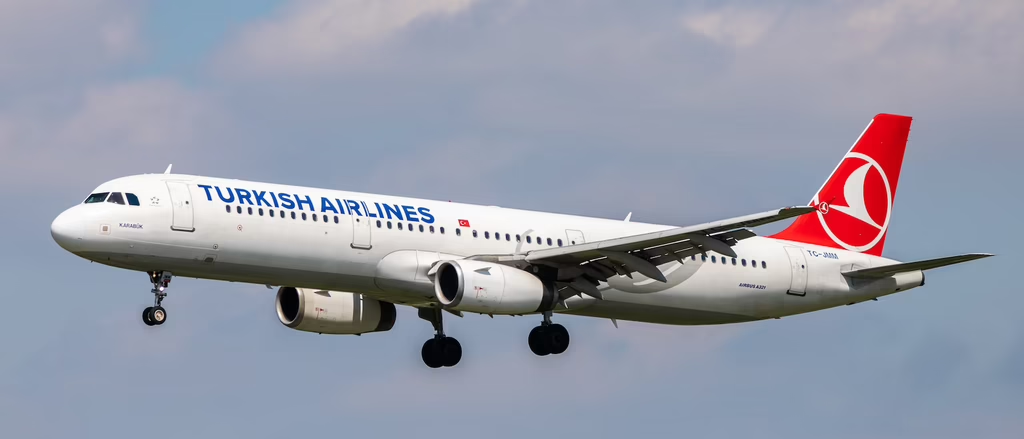
Bold Move of Turkish Air Carriers: Russia Favoured Over EU and What It Means for Travelers
Thursday, May 11, 2023



Did you like this content ?
Thanks you made our day!
Help us be better!
Well received, thanks!

Thursday, May 11, 2023



Did you like this content ?
Thanks you made our day!
Help us be better!
Well received, thanks!